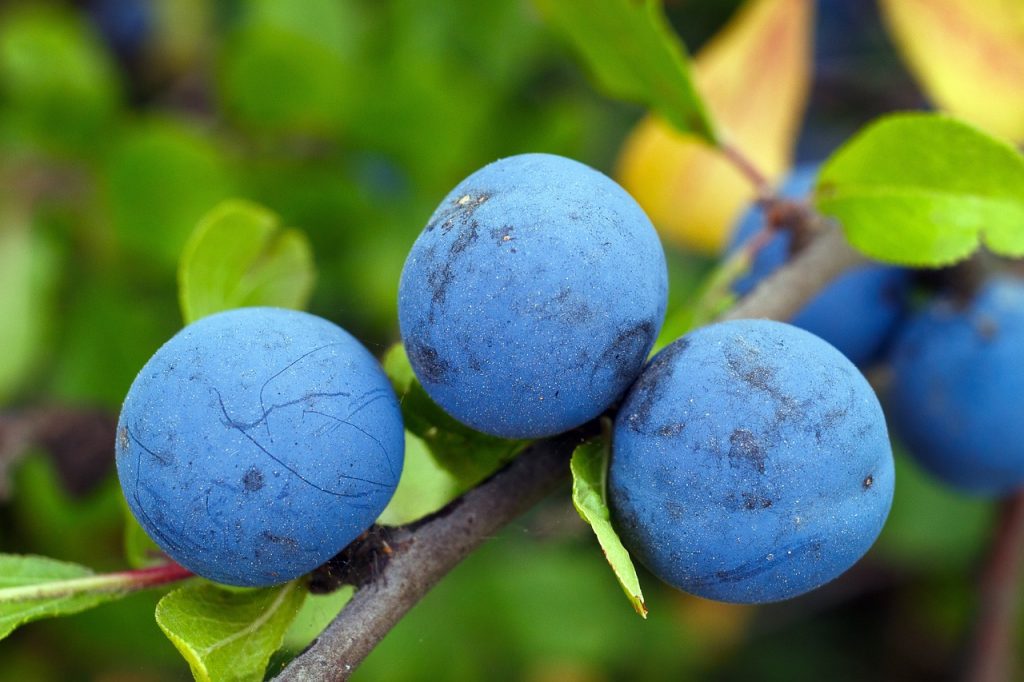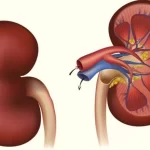Drink water 8–12 cups of water per day, and take healthy foods
Leafy, dark-green vegetables
At least three to four times a week consume dark green veggies. Broccoli, peppers, Brussels sprouts, and leafy greens like kale and spinach are all good choices of foods.
Natural grains are healthy foods
At least two or three times a day, consume entire grains. Choose whole wheat, rye, oatmeal, barley, amaranth, quinoa, or a multigrain if you can. 3 to 4 grams of fiber per serving are found in a good source of fiber. An excellent source has 5 grams or more of fiber per serving.
Lentils & Beans
Eat a meal with beans at least once every week. Attempt to incorporate legumes, such as beans and lentils, into salads, dips, soups, stews, casseroles, and other dishes.
healthy foods Fish
Aim for two to three fish dishes per week. Three to four ounces of cooked fish make up a dish. Salmon, trout, herring, bluefish, sardines, and tuna are all excellent options.
Berries is best healthy foods
Add two to four fruit servings per day to your diet. Attempt to consume fruit like strawberries, raspberries, blueberries, and blackberries.
Winter Squash
Consume butternut and acorn squash as well as other colorful fruits and vegetables, such as mango, cantaloupe, and sweet potatoes, that are deeply pigmented in dark orange and green hues.
Intake of healthy foods Soy
To assist in lowering cholesterol levels, a low-fat diet is advised to include 25 grams of soy protein per day. Try tempeh, edamame beans, soy milk, tofu, and texturized vegetable protein (TVP).
Nuts, seeds, and flaxseed Add 1 to 2 tablespoons of ground flaxseed or other seeds to your meals every day, or add 1/4 cup of moderately sized nuts to your diet.
Natural Yogurt
1000 milligrams of calcium per day are required for men and women between the ages of 19 and 50, and 1200 milligrams for those over 50. Three to four times a day, consume calcium-rich foods such as nonfat or low-fat dairy products. incorporate organic options.






